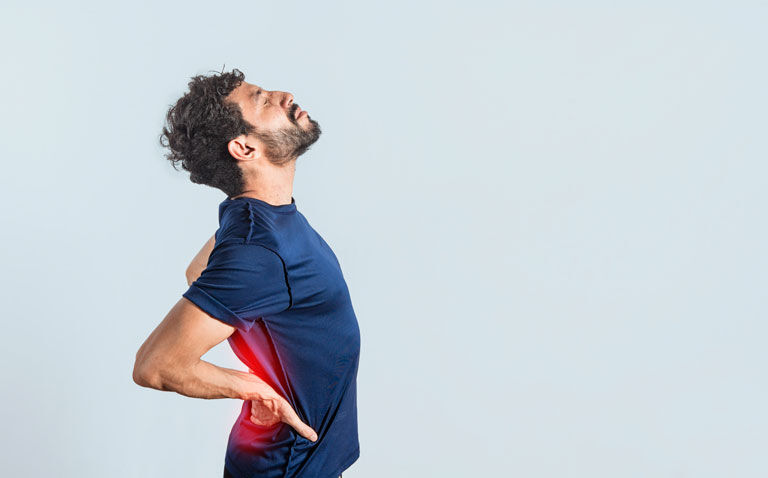Diazepam is only slightly better than methocarbamol for relief of acute low back pain within an emergency department setting
Low back pain (LBP) is responsible for nearly 5% of all emergency department visits. Opioids and NSAIDs are useful emergency department (ED) treatments for acute LBP. Moreover, skeletal muscle relaxants, including diazepam (DP) and methocarbamol (MC) can serve as viable alternatives. Despite this, there is insufficient evidence to identify whether any one class of medication has a net advantage.
This lack of evidence led to researchers to undertake the current study. This double-blind RCT set out to compare intravenous DP with MC in acute non-traumatic musculoskeletal LBP. Both groups of patients also received morphine. Pain assessment was performed using a simple numeric rating scale, NRS, ranging from 0 (no pain) to 10 (worst possible pain). The primary outcome was the difference in pain relief post-intervention after 60 minutes.
Diazepam and post-intervention pain relief
There were 101 patients with 51 who received diazepam. Pain scores were lower with both treatments in comparison to baseline levels (p < 0.001). After 60 minutes, pain score reductions were slightly greater with DP (p = 0.048). The length of stay in the ED was similar between the two groups (MC = 5.9 hours vs DP = 4.8 hours, p=0.365). However, patients receiving diazepam were more likely to report drowsiness (4% vs 15% , p = 0.001).
These findings led the authors to concluded that DP and MC gave rise to similar pain relief after 60 minutes. Nevertheless, DP use may be associated with more drowsiness.










